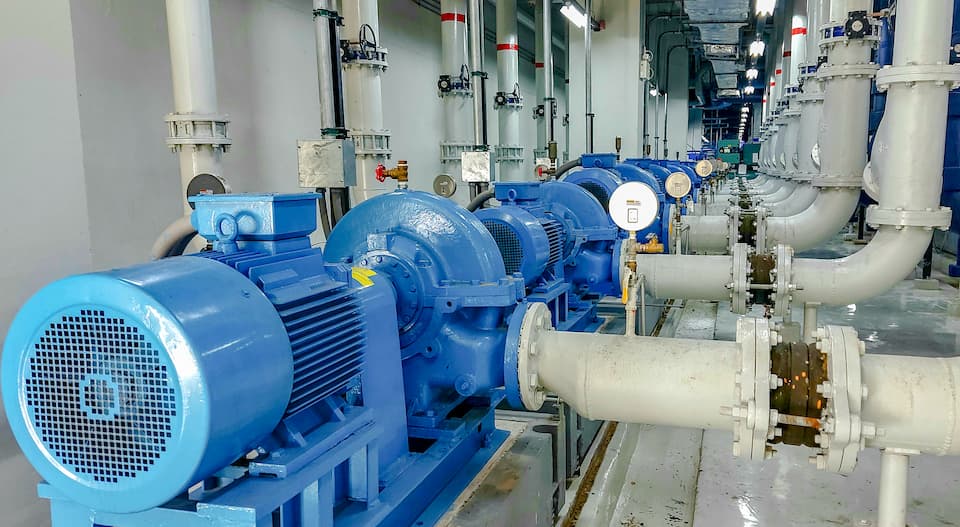

The level of ambition on the environment and the level of expectation for the Water sector has stepped up significantly since PR19. Changing expectations from stakeholders are not a matter of political trends or fashion, but rather a reaction to the speed at which the climate is changing, the speed with which it’s impacting the environment and the changes we’re seeing in the way customers use water. There is a clear and consistent message from the government and regulators about the need to address the growing water deficit.
Drought was declared in many parts of the UK in August 2022 due to several factors and by 2050 a combination of climate emergency, population growth and ageing infrastructure will mean more than 4,000 additional mega litres of water (the equivalent of 1,600 Olympic-sized swimming pools) will be needed every day to meet demand across the UK while rising temperatures will mean a fivefold increase in the risk of drought.
Mass deployment of smart meters across the industry generates a supply challenge for manufacturers to meet this rapid change in demand.
Rolling out smart meters is one tool in the arsenal to reduce water demand. Smart meters provide the opportunity to improve resilience by targeting key interventions on peak demand, improve water balance insight and improve the speed and efficiency of measures to reduce leakage. Smart meters will also enable AfW to provide data to their customers to enable them to change their behaviours and reduce their bills.
We supported AfW to make an application for additional PR19 funding and managed to secure accelerated funding to carry out a pathfinder trial during AMP7 with a view to being able to commence AMP8 with a live roll-out programme. Being ahead of the curve in AMP7 not only means AfW will have a better chance of meeting challenging AMP8 PCC and leakage targets but also enables early engagement with the supply chain.
We led the mobilisation of AfW’s Smart metering programme, firstly developing the high level roadmap and critical path milestones needed to deliver a trial in AMP7 and secondly scoping the detailed schedule of activities across 5 core workstreams (customer experience, technical, transformation delivery and procurement) including the programme governance structure and investment profile over 3 AMPs (15 years).
We identified the best target area for the trial and developed and defined the detailed plan targeting a combination of different criteria including high usage (PCC), high leakage, meter penetration, age of the meters, elative location of DMAs, urban and rural relationships with councils, known operational issues (supply/demand events) and other capital delivery programmes to provide the opportunity to test as many different scenarios and learn ahead of the AMP8 roll-out.
In addition, we developed and supported an aggressive recruitment plan to build the support, planning and delivery functions for the roll-out and scoped the high-level meter delivery plan alongside the PR24 submission business case to meet the required targets.
AfW have been rolling out ‘dumb’ and AMR meters since AMP5 so already have 85% penetration with meters meaning that the vast majority of smart meters will be meter replacements. In AMP8 the plan is to install 377,000 household smart meters, 20,000 non-household smart meters and will oversee 130,000 in new properties with estimated benefits (Ml/d) of 25.7 PCC, 1.83 leakage and 2 from business demand.
In AMPs 8 & 9 a further 1.28m meters will be rolled out with estimated additional benefits (Ml/d) of 31.7 PCC, 1.57 leakage and 12.4 from business demand.


